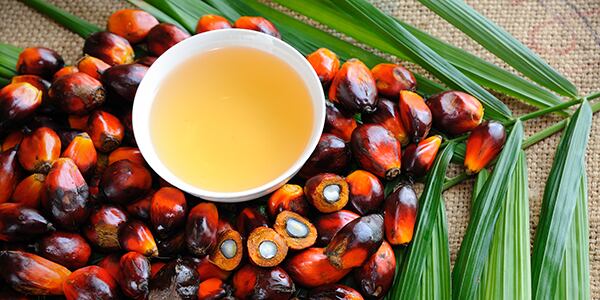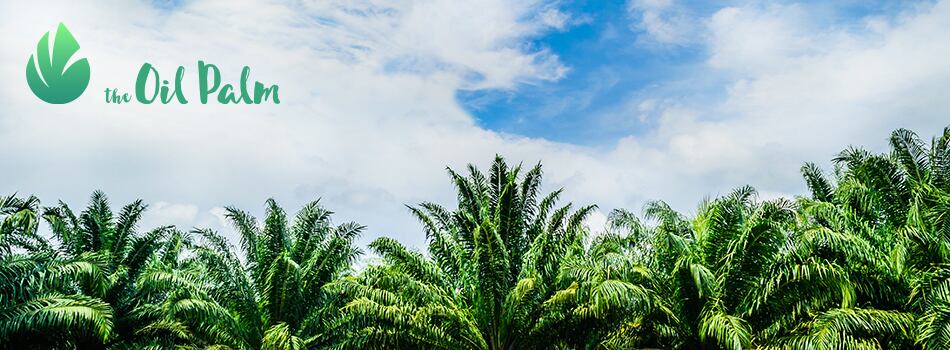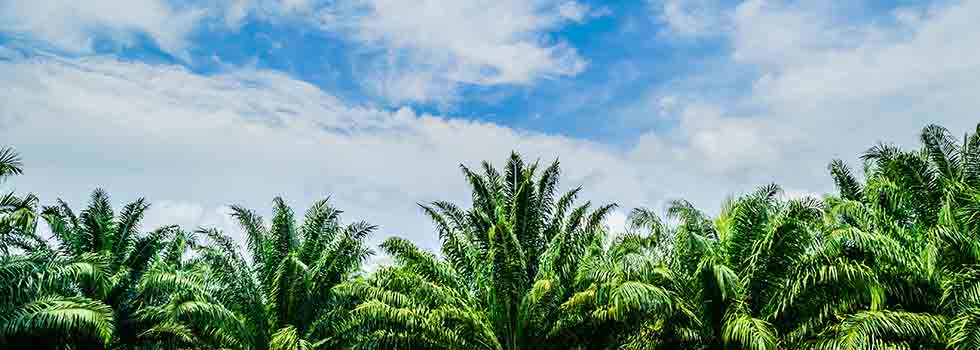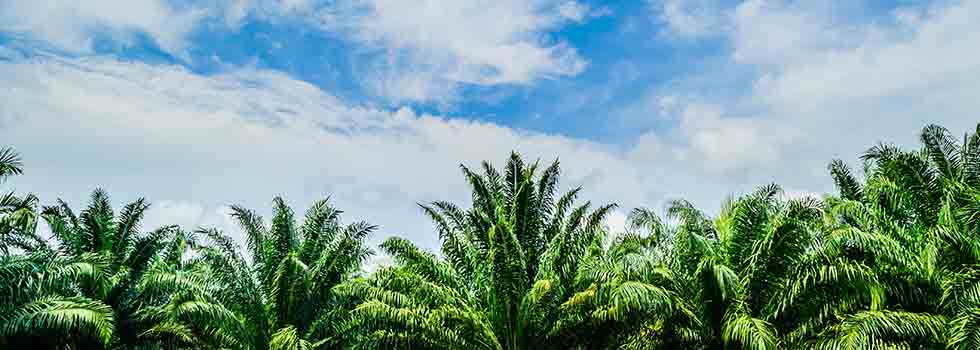Pierre Bois d’Enghien, expert agronomist and ambassador for The Oil Palm
The French government’s planned palm oil tax was withdrawn in the National Assembly in June as part of the revision of the biodiversity bill. The removal of the tax led to protests from Greens, but was supported by the palm oil sector. In my opinion removing the tax was the right thing to do. What is critical now is that President Hollande commits to not reintroducing the tax, or any other methods that would unjustly target palm oil.
The planned palm oil tax would have been levied on any imports of palm oil and any products containing palm oil, but any palm oil that met a definition of ‘sustainable’ would have been exempted. In other words, the French government was planning to determine a definition of ‘sustainable palm oil’ and then impose this definition on palm oil producers from across the world.
This so-called ‘differential tax’ was a mistake that would hurt, not help, sustainability. The tax may have been defeated in the vote, but no-one should be under any illusions: it is coming back. The French government has already indicated it will bring forward new proposals to tax all vegetable oils, later this year. I suspect strongly that these proposals will find a way to disadvantage palm oil, to the benefit of local French oilseeds. President Hollande must take ultimate responsibility to ensure this does not happen.
First, any French tax on palm oil won’t address the actual causes of deforestation and environmental degradation. And nor can it.
Oil palm doesn’t ‘cause’ deforestation. Communities in developing countries grow crops or harvest timber in order to sell them locally or internationally. They cut down trees in order to do so. Whether it is oil palm, rice or any other crop is irrelevant. I think the presence of a tax in France is going to make precisely zero difference.

Second, any palm oil tax won’t necessarily encourage certification at the producer end. Certification is expensive and it requires a significant investment on the part of producers.
Third, the law may encourage consumption of sustainable palm oil in France, but the bigger question is who gets to determine what ‘sustainable’ palm oil actually is?
The sustainable development objectives of small farmers in Sabah are entirely different from those of a well-heeled consumer in Le Marais. So how could the French government possibly decide what is and what is not sustainable? Let us also examine who – in reality – would probably fall the wrong side of France’s ‘sustainable’ definition. One important fact stands out: small farmers in the developing world are the backbone of this crop. Forty percent of the palm oil production in Malaysia is directly linked to small farmers. In many African countries, that percentage rises to 80% or even 90%. Small farmers would be hardest hit by any French tax.
The French government cannot decide on its own what is sustainable for farmers in Nigeria or Indonesia – and it should not rely only on Western-backed NGO organisations such as RSPO (Roundtable on Sustainable Palm Oil). The terms for sustainability in palm oil need to be determined by the producer countries themselves.
The world’s two main palm oil producers – Indonesia and Malaysia – both have government-backed sustainability schemes (known as ISPO and MSPO, respectively). These are highly promising schemes that are complementary to RSPO. The French government must recognise these schemes as being in line with the national development goals of these countries.
So, what is next? It seems as though the biodiversity bill will be passed without the tax. However, the next attempt to tax palm oil is well underway. A recent report from French MPs Razzy Hammadi and Veronique Louwagie – about food taxes – is likely to form the basis for the French government’s new ‘vegetable oil tax’ that will be brought forward later this year.
The French government needs to take seriously the concerns of producing countries, notably Indonesia, Malaysia and the former French colonies in Africa. To do this, the ‘vegetable oil tax’ must meet key tests. First, it should not leave palm oil worse off in either absolute or relative terms; second, no definition of ‘sustainability’ can be put forward unilaterally; third, the certification schemes developed by friendly governments in producer countries must be recognised. These are the challenges: it is up to President Hollande to deliver.





